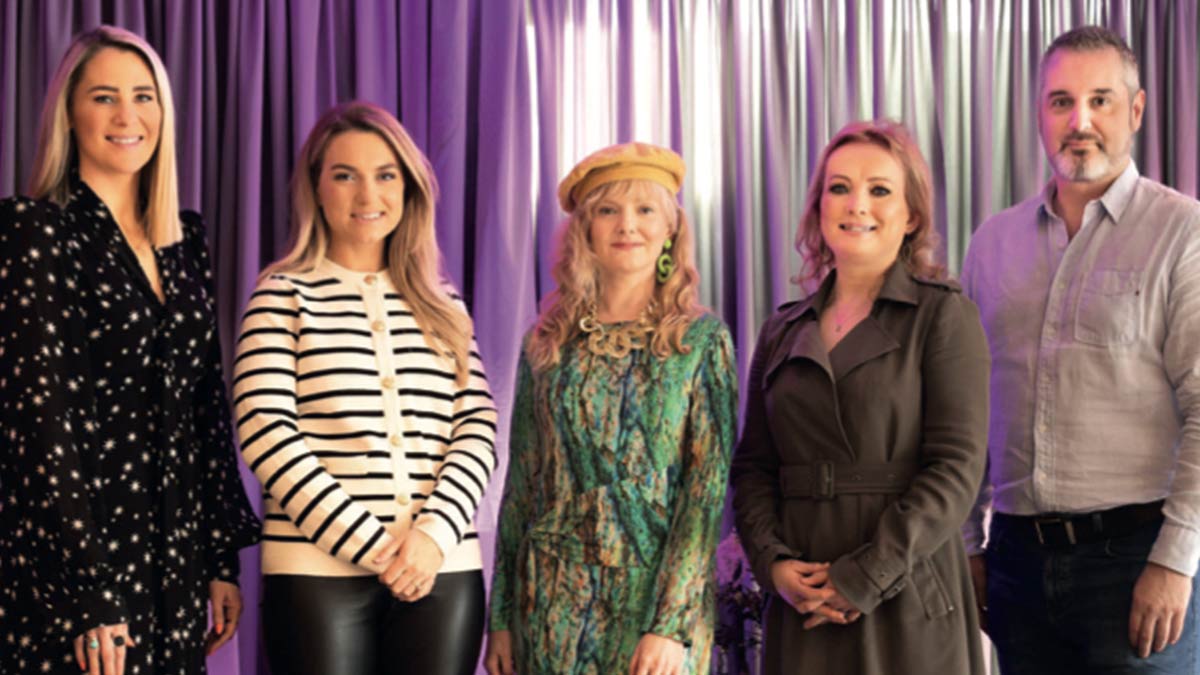More than one in three adults (34 per cent) have experienced stigma or judgment in relation to their fertility, either directly or through a friend or family member, according to new research commissioned by Sims IVF. The nationally representative research, which was carried out amongst 1,000 Irish adults, points to the widespread prevalence of stigma that individuals and couples in Ireland experience when trying to conceive or when undergoing fertility treatment.
Almost half (46 per cent) of adults surveyed have had experience with fertility issues, either personally or through somebody they know. The incidence rises to 60 per cent among younger adults, aged between 25-34.
The research underlined the widespread nature of the prejudice associated with fertility as almost half (49 per cent) of respondents recounted feelings of stigma during interactions with friends and 50 per cent experienced stigma with their extended family members. A total of 23 per cent of people experienced stigma at work with regard to their fertility status.
Karen Ferguson, Director of Nursing and Clinical Services at Sims IVF, said: “Stigma is a hidden burden that people who are going through fertility treatment or who may be trying to start a family without success often carry with them. The research revealed that people are experiencing stigma in many different forms including dealing with judgment from others, humour or sarcasm directed towards them, or unsolicited advice, which can be devastating. It was also clear that the stigma often presents from those who are closest to us, amongst immediate and extended family, friends, and in the workplace.”
Concerningly, the research revealed that 14 per cent of respondents believe that fertility is a taboo subject which shouldn’t be discussed openly, and 21 per cent believe that fertility is perceived as a ‘women’s issue’. Other experiences included:
26 per cent have felt pressure from family, friends, or society to have children;
16 per cent have been subject to invasive questions about their reproductive plans;
15 per cent have experienced humour or sarcasm directed towards those without children;
14 per cent have received or witnessed somebody else receiving unsolicited fertility advice.
Graham Coull, Group Scientific Director at Sims IVF, added: “Whether they know it or not, everyone in Ireland knows somebody affected by fertility issues. According to WHO, one in six people will be affected by infertility. There is often an assumption that fertility struggles are a woman’s issue, but the truth is that everybody seeking fertility support, male or female, deserves dignity and respect. In the same way, it is inappropriate to discuss somebody’s weight or dress size, it is highly insensitive to question somebody’s family planning.”
Caitríona Fitzpatrick, Chairperson of the National Infertility Charity NISIG, said: “Given that so many people or those close to them are affected by infertility issues in Ireland, it is truly shameful that anyone would feel stigma or judgment as a result. Infertility is a disease as defined by WHO and something we need to talk about more – to educate people of every age, to make employers aware of the issues associated with it, and of course more broadly the need for legislation around it. A key message we always tell people who come to us who are experiencing infertility is, you are not alone, although you may feel that way, there is help and support available, and many people are in a similar situation to you out there. However, until we start really getting that message out across all of society, people will continue to feel isolated and, as the survey suggests, unjustly stigmatised.”
Respondents were asked about the measure needed to tackle stigma, with the majority (51 per cent) citing education during primary, secondary, and third level.
A total of 48 per cent of respondents favoured access to specialist counselling and support and 46 per cent felt there is a need for the availability of reliable information online. Workplace policies to support those going through treatment were also a popular choice among respondents, with 37 per cent also in favour of increased support at work.







